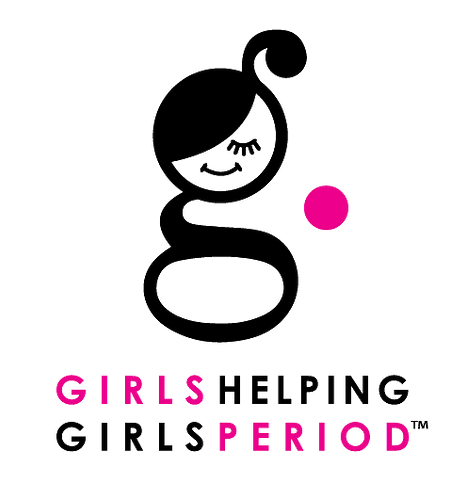
by GHGP | Education, On Campus, Reproductive Health
Period Poverty is a global issue that affects people in developed and developing countries. The lack of access to menstrual hygiene products can lead to physical health problems, such as infections and reproductive tract complications, and can have negative social and...

by GHGP | Education, Reproductive Health
A period ally is someone who does not menstruate but wants to support those who do. So first, thank you for being here. One of the main reasons so many people in the United States deal with period poverty is because of the stigma and shame that have long surrounded...

by GHGP | Reproductive Health
Whether you print out the GHGP Period Tracker or use an app, keeping up with your menstrual cycle can help in many ways. Sure, the bleeding days are the ones we focus on the most, but understanding the entire menstrual cycle (even the times of the month when there is...

by GHGP | On Campus, Reproductive Health
Recently I asked a school nurse, “Why are pads and tampons kept in your office, and not the bathrooms, where they are needed?” The answer won’t surprise you, and I’ll bet it’s the same answer most of you would get if you walked into a...

by GHGP | Behind the Scenes, Policy / News, Reproductive Health
Before Girls Helping Girls. Period. was even an official non-profit, its founders (Emma and Quinn, at about ages 12 and 15) were talking to adults about the importance of supporting those who struggle to pay for menstrual products and the need for pads and tampons in...

by GHGP | Reproductive Health
It has been just about one year since the first person was given a Covid-19 vaccine. In that time, more than eight billion doses have been administered. The rollout of the vaccines from five drug companies came after a study of their safety and efficacy. Effects on...







